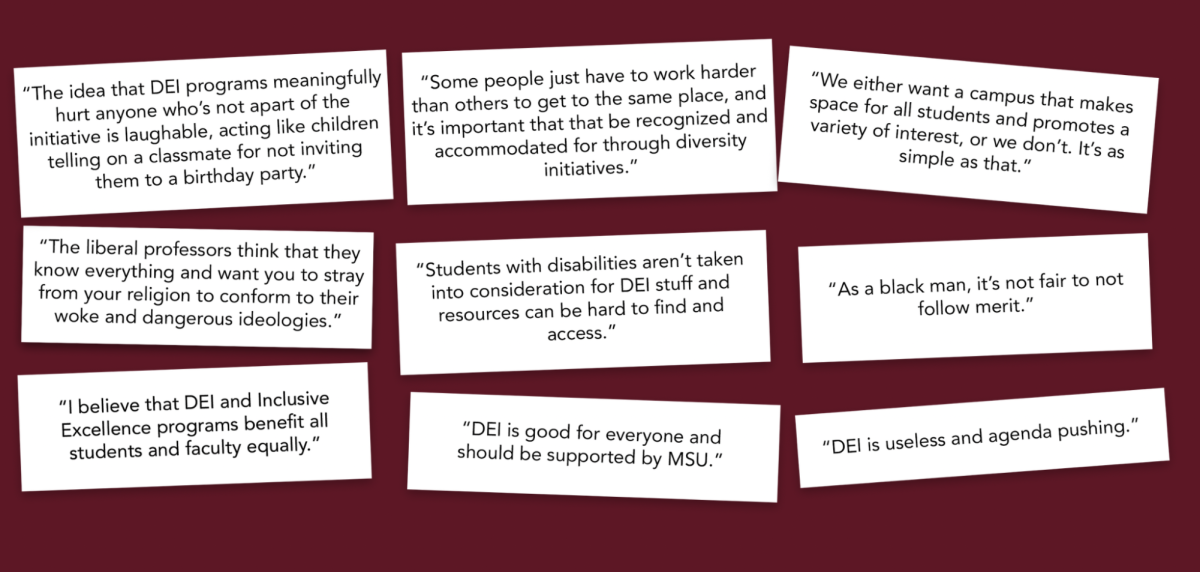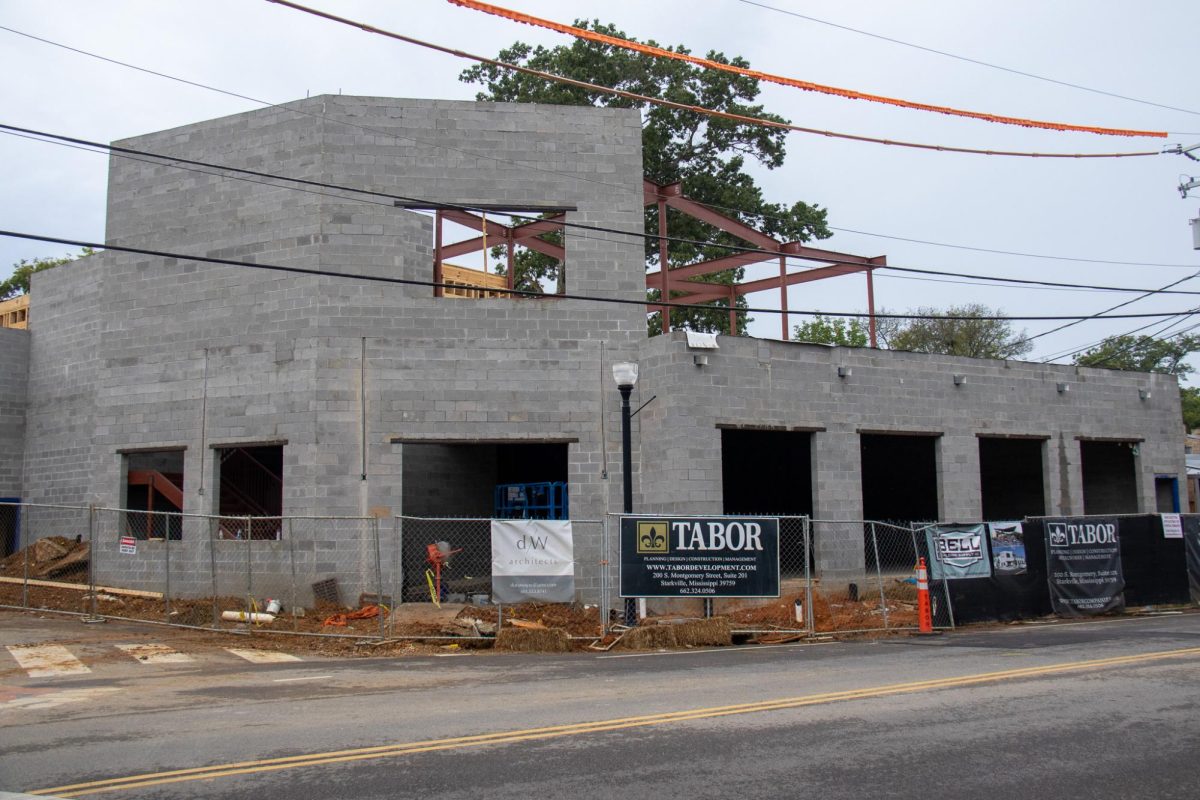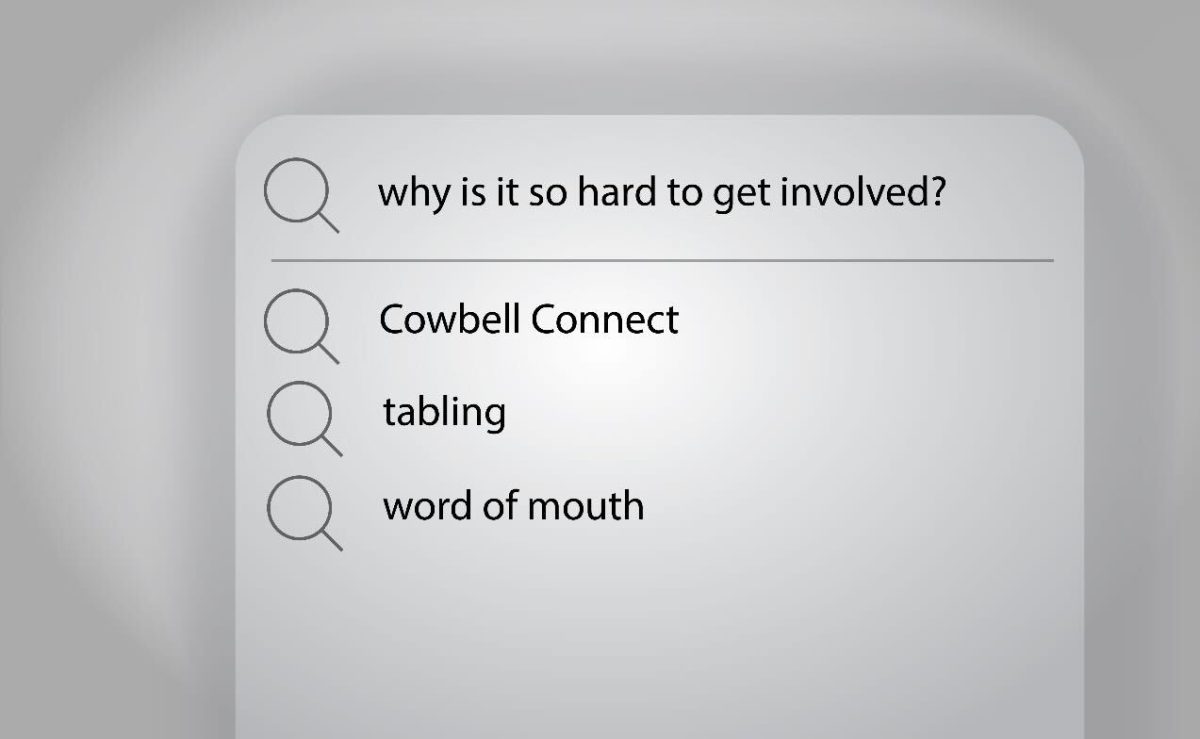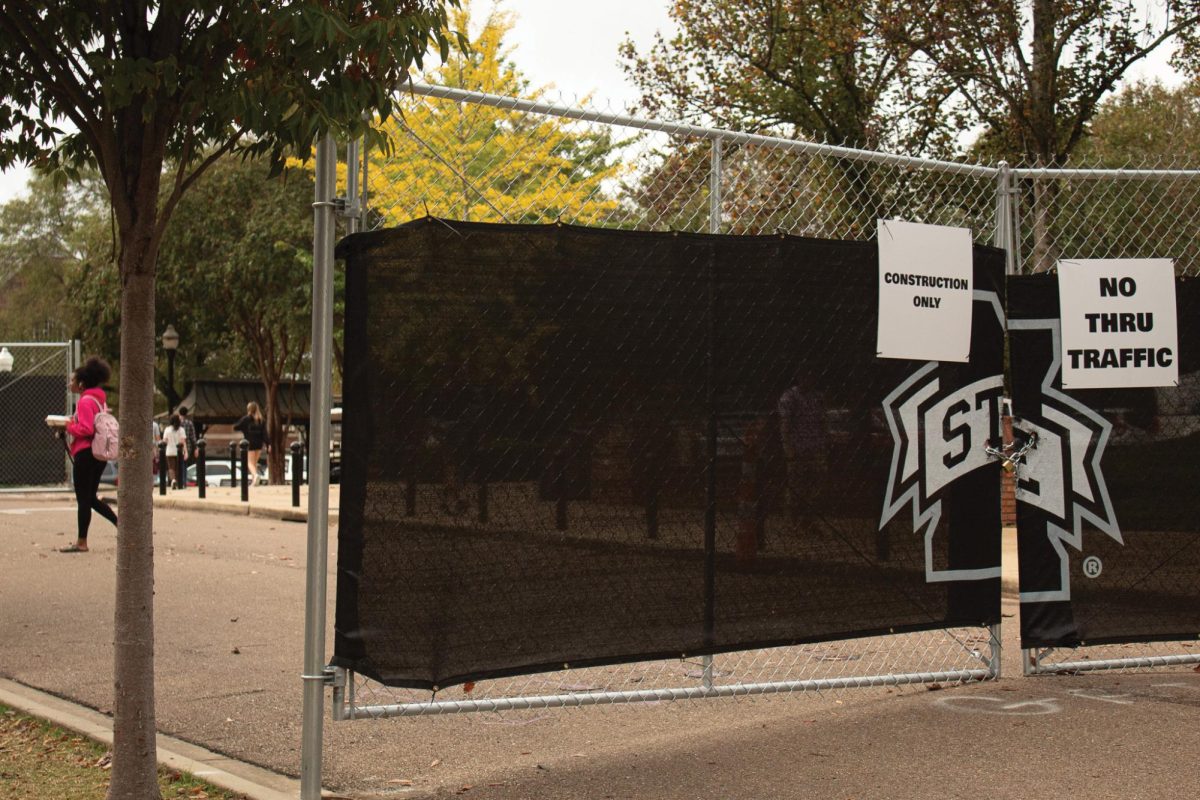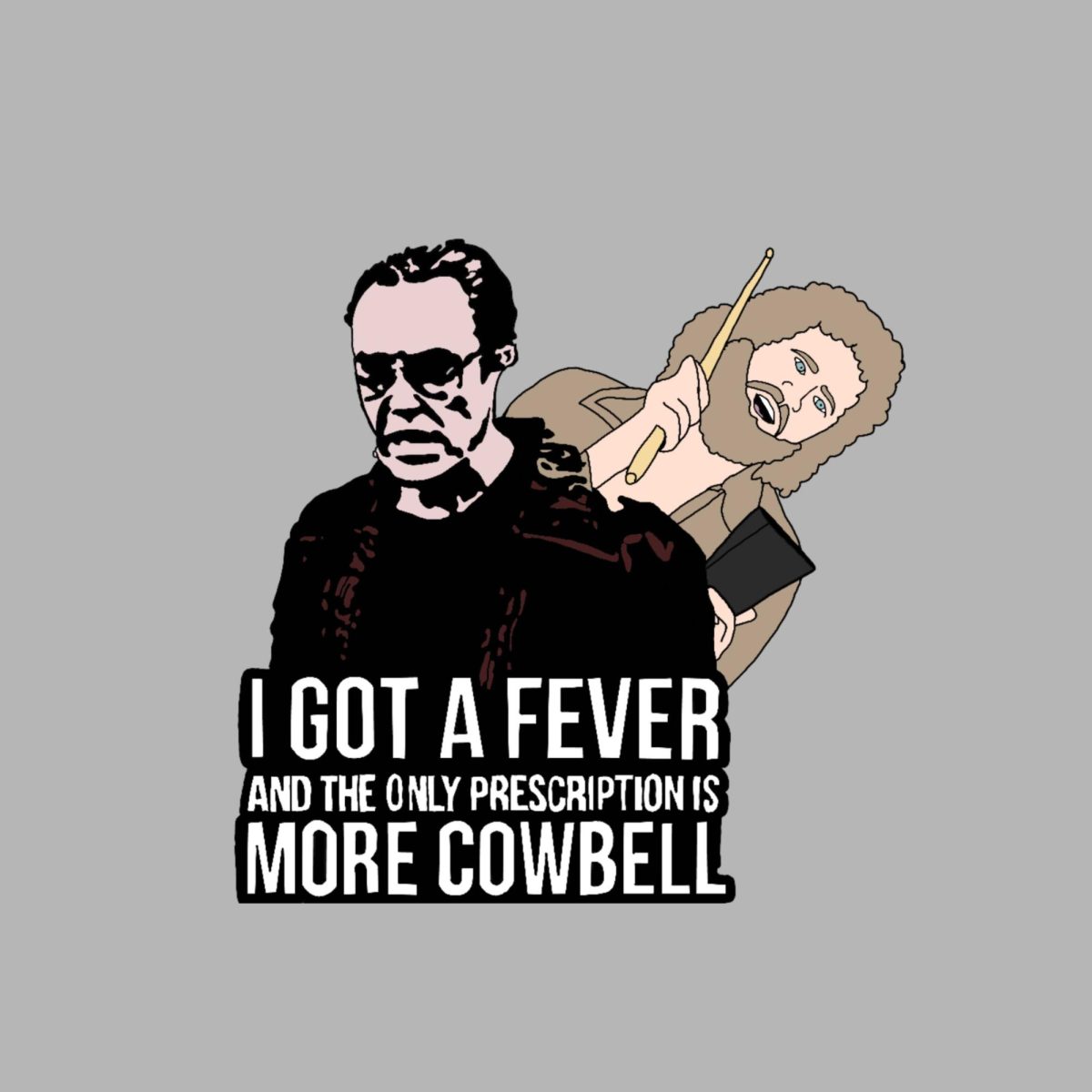If I had a dime for every time I have heard the phrase, “Well I don’t vote because it doesn’t matter anyways” or “What will one vote do,” I’d probably be taking a nice beach vacation, no longer worrying about money or budgeting. But I am not, instead, I am here writing this article about the importance of voting.
Over the past several years, the voter turnout for elections has significantly increased amidst all the turmoil in our nation. Despite this, according to PEW Research, only about 66% of the voting population voted in the 2020 election.
There are various reasons people decide not to vote, many of which are understandable as different factors like education, income, work and school can prevent people from having the time to vote. That being said, voting is an integral part of the United States’ political system.
Regardless of education, socioeconomic status, etc., voting allows people to defend the issues they care about by electing people who care about and believe in the same things.
It is hard to believe that one vote in an electoral college system has an impact on deciding something as big as who will be the next President. But in years past, notably the 2000 presidential election, elections have been decided by a considerably smaller margin than one might expect.
For example, the presidential race in 2000 between George W. Bush and Al Gore came down to the votes in only one state–Florida–where a recount had to take place before Bush was declared the winner with 271 electoral votes, which is only one more than the 270 minimum needed to win, according to The American Presidency Project. The race was ultimately decided with a margin of just 537 votes, from National Constitution Center.
Presidential elections aside, local elections are usually decided by a significantly smaller margin. These local elections, which are often overlooked, can significantly impact daily life, such as the quality of public services, safety and community development.
I spoke with Steve Shaffer, a professor of political science at Mississippi State University, about the merits of voting and what typically holds people back.
“Some people think that they have no real political power and that they can’t make a difference. Some are very busy just trying to survive, working at their job, taking care of their kids or parents, or studying at school,” Shaffer said. “Some people think that their state or district is biased towards one party, so one vote won’t make a difference in the election outcome.”
That being said, voting is the primary way citizens can express their preferences and opinions about how they wish to be governed. It allows individuals to influence the selection of leaders and the direction of public policy. By voting, citizens can support candidates and initiatives that align with their values and priorities, thereby contributing to shaping the future of their communities and the nation.
While many are too busy surviving to pay much attention to politics, if enough people got together to vote one way, some of the struggles that make it harder to get by could be changed.
Shaffer also expressed the idea that simply showing up to vote can be beneficial.
“There is a value to at least showing up to vote on election day, since you can see all of your neighbors, realize that many will vote for the candidate whom you aren’t voting for, but that they are still your neighbors and good Americans,” Shaffer said. “So you can have confidence in the election outcome, no matter who wins.”
Participating in elections fosters a sense of community and collective responsibility. It can encourage citizens to become more informed about local and national issues, engage in dialogue, and even collaborate on solutions. Voting also strengthens the legitimacy of the electoral process by ensuring that it reflects the will of a broader population.
Essentially, voting is crucial on many different levels. It can enforce communal ties, change policies, influence governance, uphold democratic values and impact key issues — all of which are pivotal in a democratic society.





